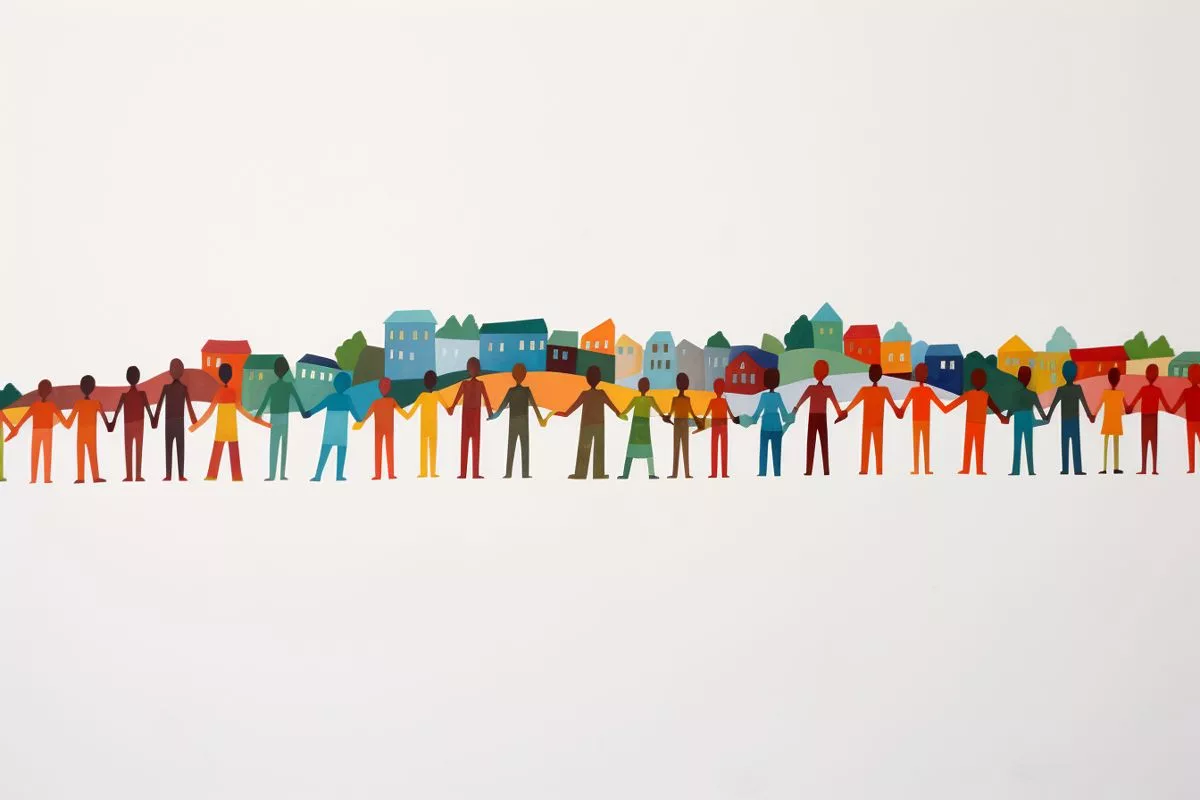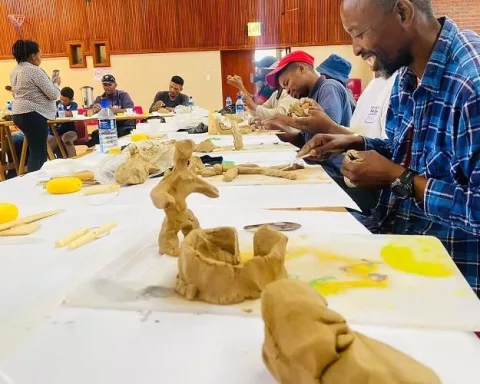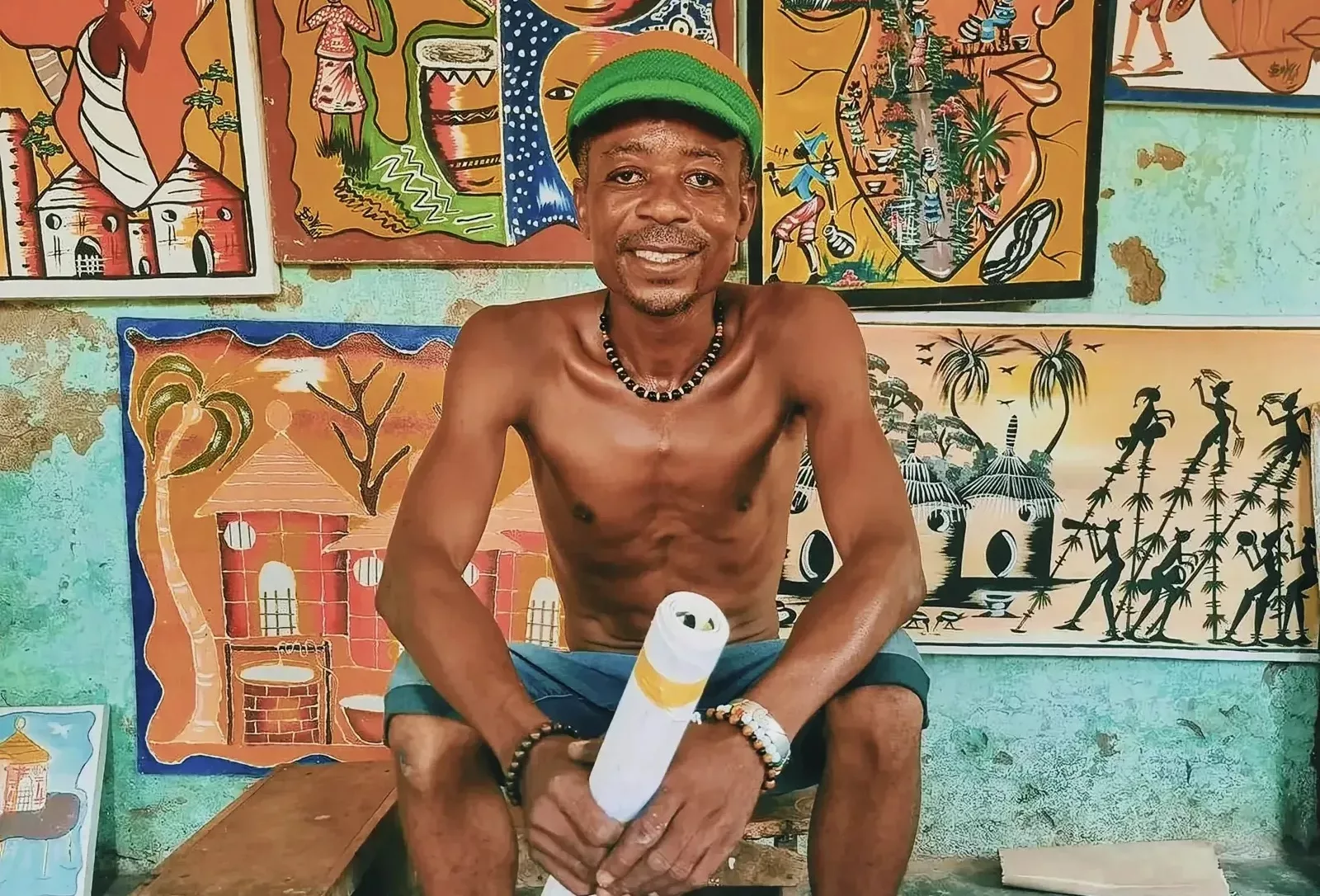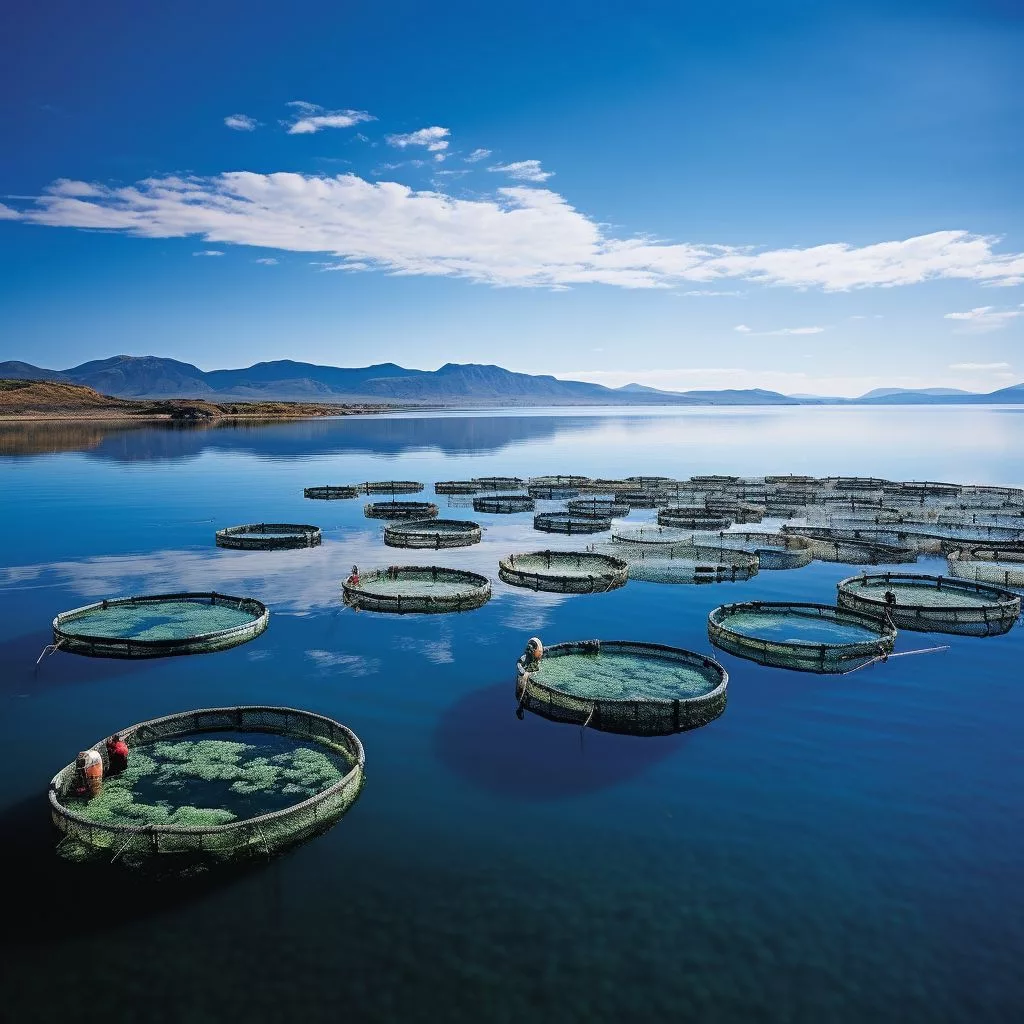In Cape Town, a human chain was formed to show support for victims and survivors of gender-based violence (GBV). The Western Cape Government has pledged to continue fighting GBV all year round and has trained community ambassadors to be the first line of defense against GBV. People are encouraged to take personal responsibility in fighting GBV and to make changes within their communities. Victims and survivors can receive help through the Department of Social Development’s toll-free number or by sending an SMS.
A human chain initiative was held in Cape Town to support victims and survivors of gender-based violence (GBV). The Western Cape Government pledged to continue fighting GBV throughout the year and dismantling the structures allowing it to continue. Community ambassadors were trained to be the frontline against GBV. Everyone is encouraged to assume personal responsibility in fighting GBV and to instigate change within their communities. Victims and survivors can access assistance through the Department of Social Development’s toll-free number or by sending an SMS to 35 395.
A Display of Unity on Wale Street
In the energetic heart of Wale Street in Cape Town, a distinctive act of unity unfolded. A tangible dedication to a shared cause resonated among the gathered crowd as Western Cape citizens assembled to create a human chain. Their intention was singular – to express their support for victims and survivors of gender-based violence (GBV), an affliction that has pervaded every layer of society. This gathering was not ordinary; it was a potent symbol of united rebellion during the 16 Days of Activism For No Violence Against Women and Children Campaign.
The ephemeral human chain stood as an enduring tribute to the Western Cape Government‘s (WCG) vow to confront GBV. They affirm that this battle is not restricted to the 16-day campaign, but continues all year round, every year. It represents a vow to challenge this violence daily, dismantle the structures allowing it to continue, and strive for a society devoid of GBV.
Governmental Pledge and Public Participation
This promise for action is reflected in the words of Western Cape Minister of Social Development, Sharna Fernandez. According to Fernandez, GBV permeates all communities, infiltrating every social level and demographic. In her words, “This human chain represents citizens uniting against violence and abuse, whether against women, children, men, members of the LGBTQIA+ community, the elderly, persons with disabilities, and other vulnerable groups.”
In this human chain, the might of unity was evident. It served as a tangible manifestation of citizens’ joint stand against violence and a potent reminder of the strength that arises when individuals unite for a cause. Prominent individuals, including Western Cape Premier Alan Winde, Cabinet and Provincial Legislature members, and WCG staff, participated in the event, emphasizing the joint responsibility in tackling GBV.
Premier Alan Winde expressed this beautifully, “Gender-based violence can end with us, and we all need to shoulder that responsibility. The change begins here, it starts with us. We must stand up and demonstrate that we will not tolerate violence in our society.”
The Role of Community Ambassadors in Fighting GBV
Fernandez underlines the importance of each person becoming an ambassador for peace and GBV, asserting that the government alone cannot eradicate the issue. She passionately believes in the capability of first responders, community members functioning as the frontline against GBV. The community of Delft offers an ideal example where local residents received training as GBV ambassadors, significantly contributing to their neighborhood’s safety.
The campaign to develop GBV ambassadors expands beyond Delft, reaching other regions such as Malmesbury, Theewaterskloof, and even Prince Albert. In these areas, trained GBV ambassadors voluntarily devote their time at trauma rooms during peak times, providing aid to victims and survivors.
A Call to Action for all Citizens
The appeal for action is directed at all citizens. Fernandez calls upon everyone to cultivate a spirit of volunteerism and assume personal responsibility in fighting GBV. She encourages everyone to instigate change within their homes, streets, communities, and, consequently, the entire province.
Assistance is easily accessible. Victims and survivors can report abuse to the Department of Social Development’s toll-free number or visit the nearest DSD office. Additional safety services for women and children can be accessed by sending an SMS with the word INFO to 35 395. Although this human chain has dispersed, its message echoes throughout the province – a resolute stand against GBV and a commitment to cultivate a safer society.
What is the purpose of the human chain initiative in Cape Town?
The human chain initiative is meant to show support for victims and survivors of gender-based violence (GBV) and to express a commitment to fighting GBV all year round.
What has the Western Cape Government pledged in regards to GBV?
The Western Cape Government has pledged to continue fighting GBV all year round and to dismantle the structures allowing it to continue. They have also trained community ambassadors to be the first line of defense against GBV.
How can victims and survivors of GBV receive help?
Victims and survivors can receive help through the Department of Social Development’s toll-free number or by sending an SMS to 35 395.
What is the role of community ambassadors in fighting GBV?
Community ambassadors serve as the frontline against GBV and contribute to their community’s safety by providing aid to victims and survivors. They are trained to be GBV ambassadors and have been deployed in various regions.
What is the Western Cape Minister of Social Development’s stance on GBV?
The Western Cape Minister of Social Development, Sharna Fernandez, believes that GBV permeates all communities and emphasizes the importance of each person becoming an ambassador for peace and GBV. She encourages everyone to instigate change within their communities.
How can citizens take personal responsibility in fighting GBV?
Citizens are encouraged to take personal responsibility in fighting GBV by instigating change within their homes, streets, communities, and the entire province. They can cultivate a spirit of volunteerism and report abuse to the Department of Social Development’s toll-free number or visit the nearest DSD office.












